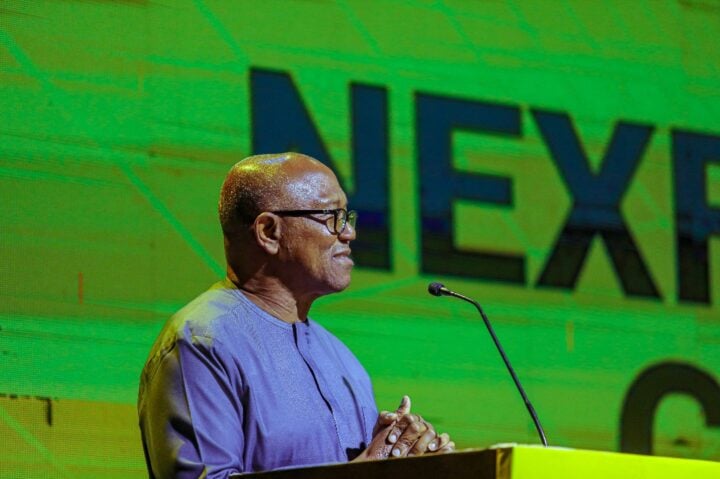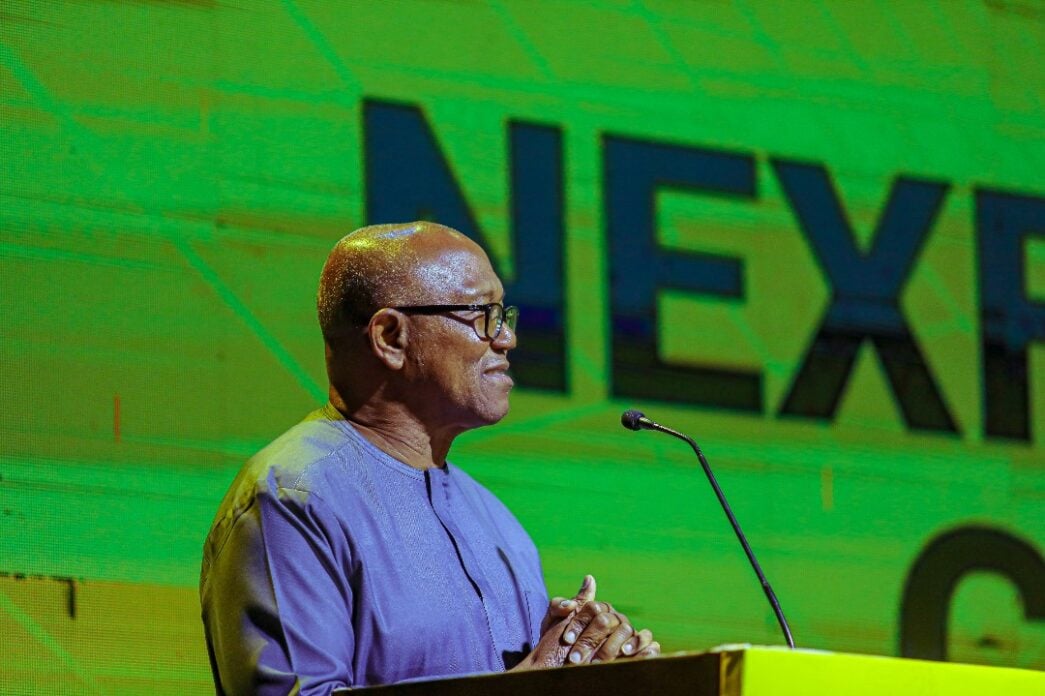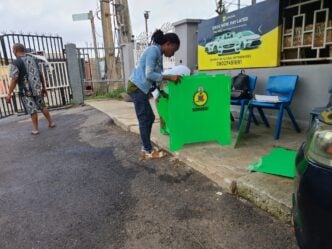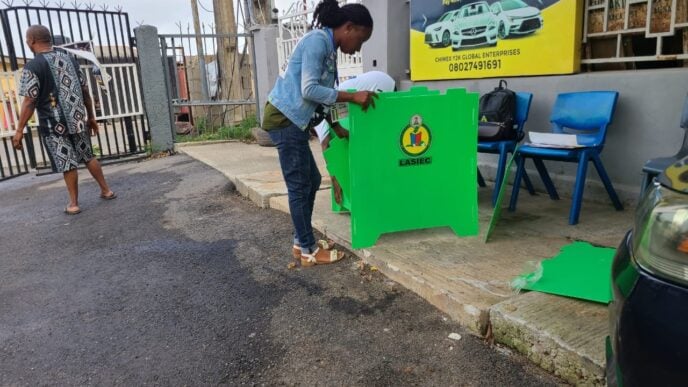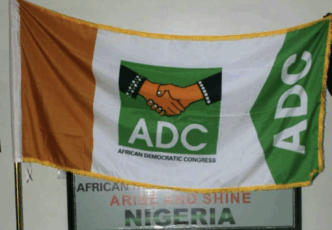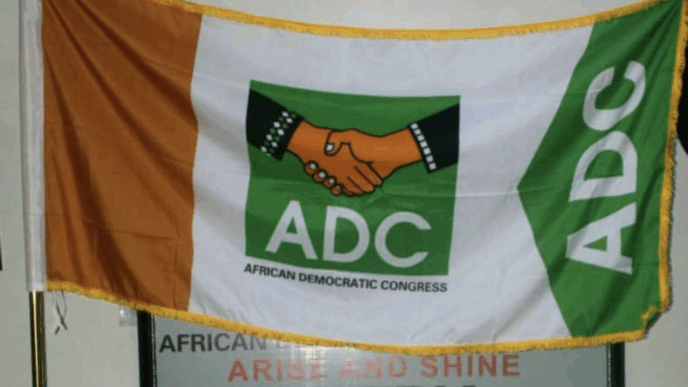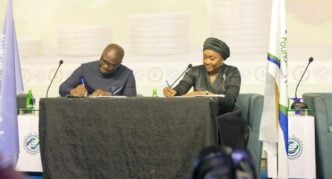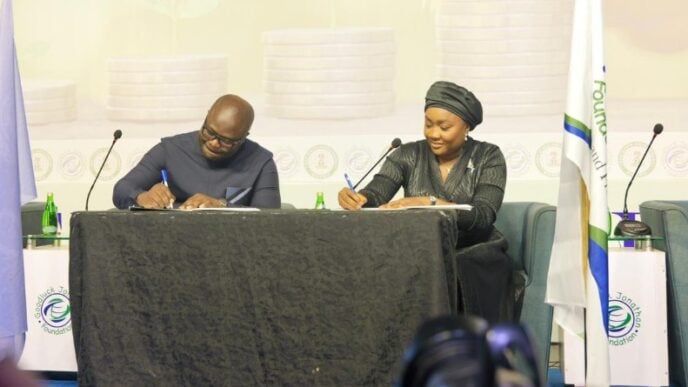BY OLU ALLEN
In recent months, something quietly alarming has taken root across Nigeria’s tertiary institutions: students—desperate for aid, support, or even just a listening ear—are now writing to Peter Obi.
Yes, Peter Obi—the former Anambra state governor and 2023 presidential candidate. Not their senators. Not their house of representatives members. Not even their state governors or the president himself. The man they turn to holds no official portfolio. Yet, for many young Nigerians, he represents the only public figure who might respond with empathy, dignity, and meaningful action.
This should prick the conscience of every serious-minded Nigerian, especially those currently in public office. It is not merely a compliment to Peter Obi—it is, more importantly, a loud indictment of those who actually wield power but do little with it.
Advertisement
What should worry us is not just that students are reaching out to him—it’s that they no longer believe their actual representatives will.
How Did We Get Here?
In a democracy, representation should mean visibility, accessibility, and service. Yet, our lawmakers and executive leaders have, for the most part, become unseeable, unreachable, and unresponsive. Constituency offices—where they exist—are often locked or manned by political errand boys. Budgeted funds for education, student welfare, and constituency projects vanish into bureaucratic black holes, if not outright corruption.
Advertisement
So, when students can’t pay fees, when classrooms leak, or when their hostels flood, they turn—not to their representatives—but to the one man who at least pretends to listen. Even though he has no obligation to.
The Peter Obi Example
Peter Obi has stepped into this moral vacuum time and again. When federal medical students at UNN were stranded due to unpaid stipends, Obi intervened. During the flood crises in Bayelsa and Anambra, he arrived not for the cameras but with supplies.
From hospital bills to public school donations, to scholarships for vulnerable students, Obi has quietly become a sort of national ombudsman—an unofficial public servant in a land overflowing with official neglect.
Advertisement
And therein lies the deeper problem: what Obi does voluntarily is what elected officials are mandated—and resourced—to do.
He’s Not Alone: Quiet Champions We Must Acknowledge
Obi is not the only one stepping into the gap. There are others—less spotlighted but equally committed—who try to embody the spirit of service:
Senator Ibrahim Oloriegbe, during his tenure in Kwara Central, regularly provided free JAMB forms, medical outreaches, and SME support. Rep. Bamidele Salam of Osun State personally attended town halls and launched student and youth-focused initiatives.
Advertisement
Governor Babagana Zulum of Borno State, though in executive office, is widely respected for his direct supervision of projects, surprise visits to schools and IDP camps, and willingness to call out failure—sometimes within his own system.
But these are rare stars in a largely dark sky. And none of them are being written to with the sheer frequency and desperation students now reserve for Peter Obi.
Advertisement
This Is Not Normal
We must not normalise the idea that one man—outside the formal corridors of power—can be counted on more than those elected to serve. We must resist the instinct to hero-worship a few good men while allowing hundreds of public officials to coast by in silence, mediocrity, or sheer indifference.
Advertisement
Citizens must begin to ask the right questions: What happened to constituency projects? Why haven’t our representatives visited in months? Why must it always be Peter Obi who shows up where they should be leading?
One man cannot be the national emergency contact for a broken republic.
Advertisement
A Call to Action
To the students writing to Peter Obi—your pain is valid, and your instincts are sadly accurate. But let this also be a moment of civic awakening. Demand more from those paid to serve you. Write to your senators. Knock on your state assembly members’ doors. Raise your voices not just in protest or prayer, but through sustained engagement.
To the elected officials: your silence is loud. Your absence is felt. And your relevance is fading in the eyes of those you swore to represent. You don’t need to be Peter Obi to make a difference. But you do need to show up.
Nigeria cannot run on the goodwill of one man. Democracy was never meant to be a one-man rescue mission. It demands more. And so should we.
Olu Allen is a writer and educator who resides in Kano. He writes on public affairs and advocates for good governance.
Views expressed by contributors are strictly personal and not of TheCable.
